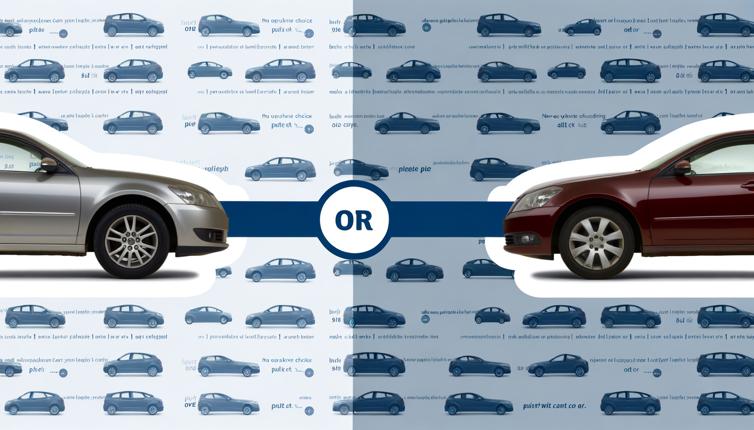New Cars
Buying a new car comes with several benefits. One of the biggest advantages is that you get the latest technology and features. New cars often have advanced safety features, better fuel efficiency, and improved infotainment systems.,Additionally, new cars come with warranties, giving you peace of mind in case anything goes wrong. You also don't have to worry about the car's maintenance history or previous accidents.,Another advantage is that you can choose the exact model, trim, and color you want. You can customize the car according to your preferences and get the latest styling options.,However, new cars also come with a higher price tag. They depreciate quickly, and you can expect to lose a significant amount of value as soon as you drive the car off the lot. Insurance and registration fees may also be higher for new cars.,Overall, buying a new car is a good option if you want the latest technology, customization options, and peace of mind with warranties. Just be prepared to pay a higher price upfront and accept the depreciation.,Now let's explore the advantages and disadvantages of used cars.
Used Cars
Buying a used car can be a more cost-effective option. Used cars are typically cheaper than new cars, and you can often get a better car for your budget. You may be able to afford a higher-end model or a car with more features.,Another advantage is that used cars have already gone through the initial depreciation period, so you won't lose as much value when you drive off the lot. Insurance and registration fees may also be lower for used cars.,Used cars also have a proven track record, and you can research their reliability and performance before making a purchase. You can find plenty of reviews and ratings online to guide your decision.,However, there are a few drawbacks to buying used cars. They may not have the latest technology and features, and there's always a risk of buying a car with hidden issues. You'll need to do thorough research and get the car inspected before making a decision.,Additionally, used cars may have higher maintenance and repair costs. Older cars are more likely to require frequent repairs and replacements of parts.,In conclusion, buying a used car can be a great option if you're looking for a more affordable vehicle with a proven track record. Just make sure to do your due diligence and get the car inspected before finalizing the purchase.
Conclusion
In conclusion, the decision between new and used cars ultimately depends on your preferences, budget, and priorities. New cars offer the latest technology, customization options, and peace of mind with warranties, but they come with a higher price tag and quick depreciation. On the other hand, used cars are more affordable, may offer better value for money, and have a proven track record, but they may not have the latest features and could require higher maintenance costs. Consider your needs and weigh the pros and cons before making a decision.









